Nowadays, we are programmed to think that working hard means working long hours. However, does it matter how much you work if results still need to be achieved?
You may have often heard the cliche “Work Smarter, Not Harder”. But do we ever follow this in our daily life?
The intelligent approach is to work faster as well as in a more efficient manner. Working faster and efficiently means getting the best result with the least wasted time. This requires you to analyze how you work. This includes how much work you do and many hours you put into doing it.
Have you ever wondered how much more the average person could accomplish by remaining focused and working faster and more efficiently? You will witness a considerable increase in your productivity. Moreover, you can achieve the set tasks in minimal time.
Time management is a valuable skill in the workplace and at home. To manage their time better, many employees use different strategies to increase the pace and efficiency of work. Using a practical approach will help you to practice time management more effectively.
Before we look into how to make your work faster and more efficient, let us analyze its importance first.
Why Is It Important To Work Faster And More Efficiently?
Employers value the ability to work faster and more efficiently. When we talk about working faster, the concern is not only speed. The objective is not to complete your work with poor results. Instead, it is working faster and more efficiently in a smarter way to produce the best quality results.
At an organizational level, working faster and efficiently yields many benefits and helps to achieve the desired results. In fact, many organizations compel their employees to use productivity software. By 2027, productivity software will be expected to grow to US $89.17bn. The increasing use of productivity software directly relates to achieving the set goals by working faster and more efficiently.
Understanding whether you are a morning person or a night owl can help you tailor your work schedule to your peak productivity times.
When you work faster, you can complete your responsibilities and obligations earlier. This will help you have more time for your hobbies and personal life. Moreover, it also contributes to improving your self-esteem. When you complete more work, you will grow in a sense of accomplishment. This benefits your well-being and makes your outlook on work and life better.
Best Tips To Work Faster And More Efficiently
At times, you may have a lot of work but may realize that time is against you. In extreme cases, you can become so worried that you no longer know where to begin. You may have tried some strategies but need more time to complete tasks.
One of the key strategies to work faster is to eliminate distractions that can hinder your focus and productivity.
Let us examine some of the best ways to work faster and more efficiently:
1. Use a Timer
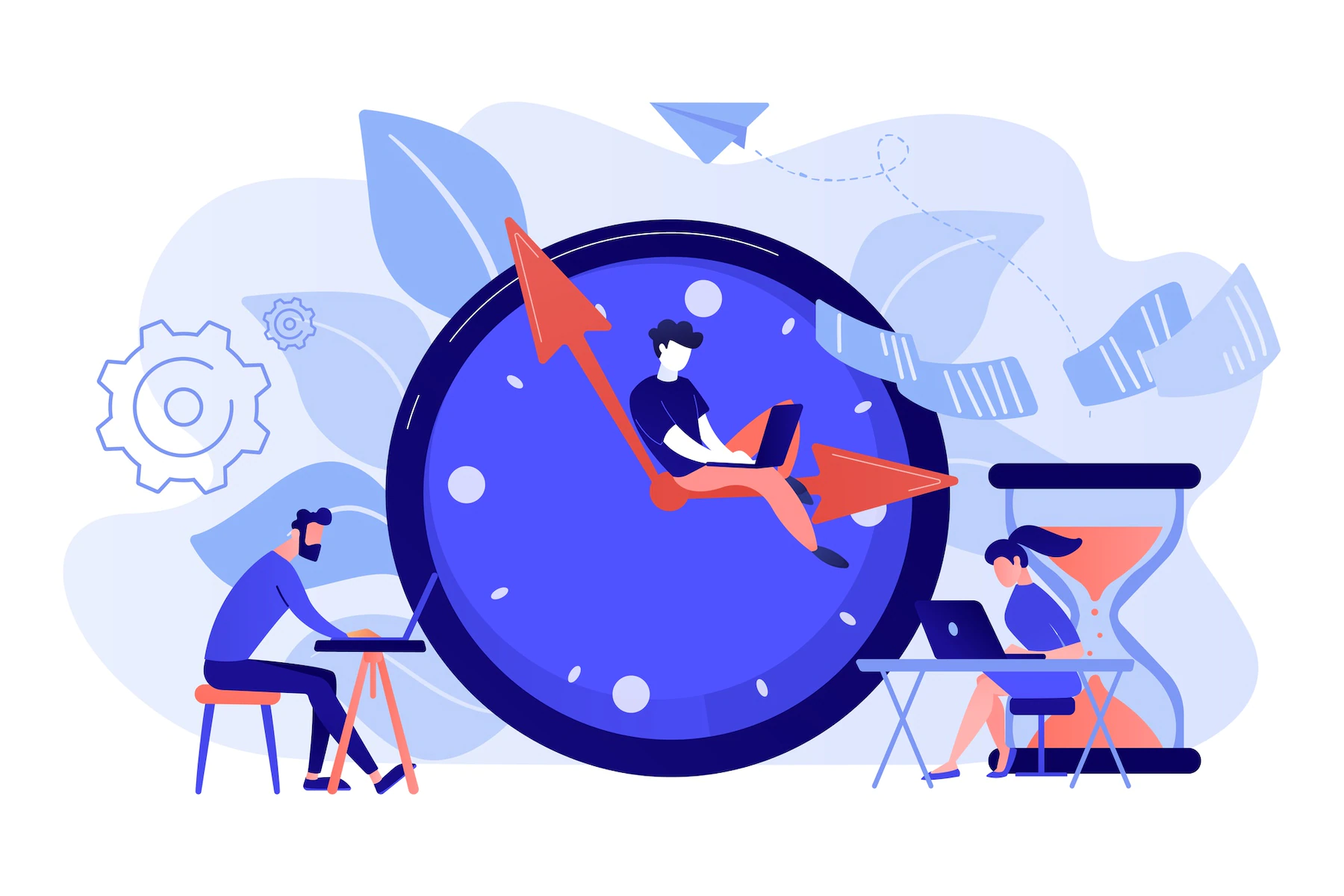
You can use a timer to track how long you work on each task. You can set a predefined amount of time to perform each assignment. Then, you can attempt to beat the clock and work faster. If you do not set a defined time to complete a task, it might take longer to complete it. Therefore, try designating specific time for your set goals and each assignment; you can speed up your work throughout your day.
2. Make a To Do List
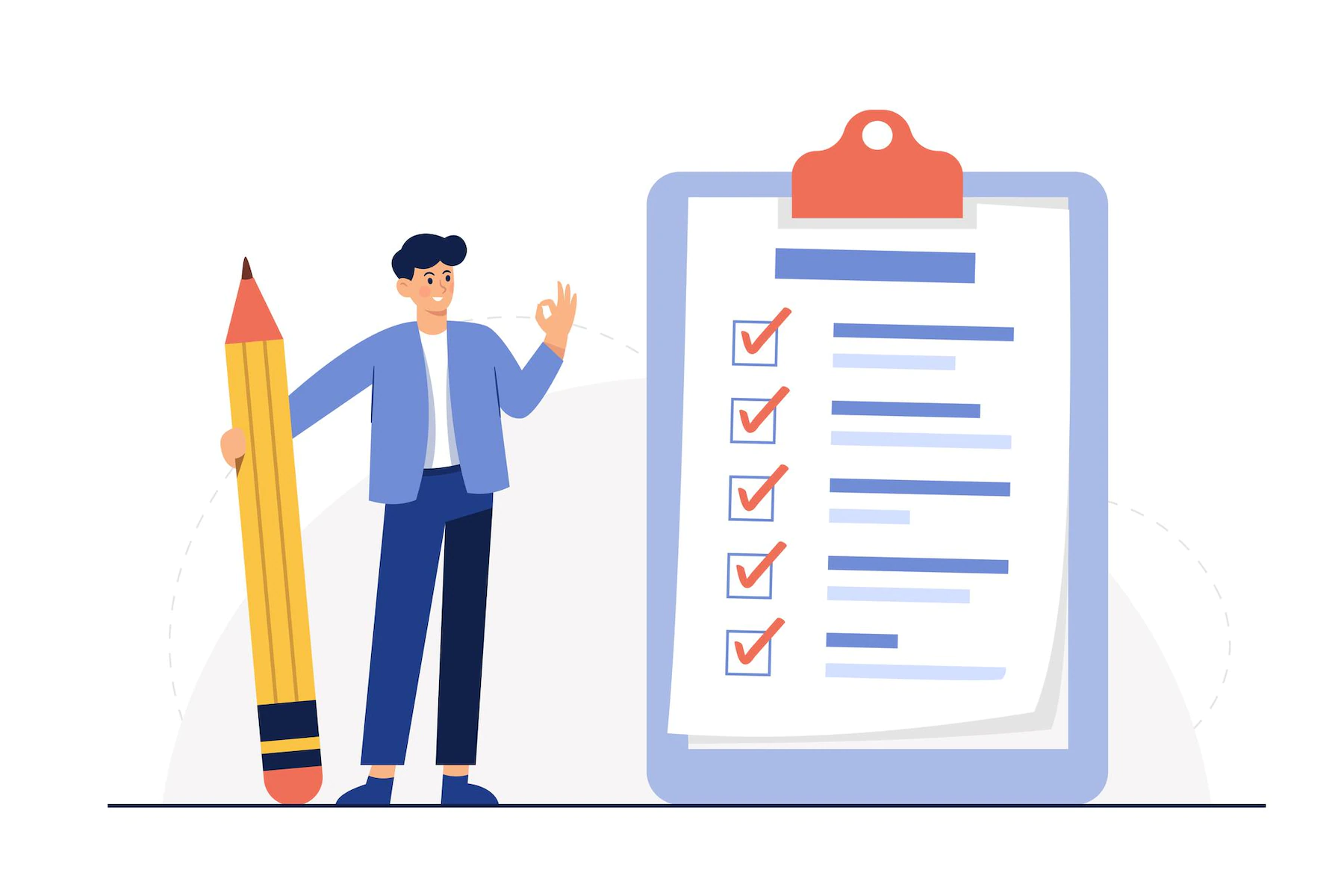
Working ahead of time is an efficient method that helps you to save time between tasks. There are some strategies to make plans to help you plan your work.
You can write down everything that needs to be accomplished in a day. This will assist you in remembering the tasks that need to be completed. Moreover, you can prevent overbooking yourself.
Ensure what you plan is achievable and realistic. You must accomplish everything in your plan during the allotted time.
Furthermore, you can prepare a to-do list while prioritizing the most critical tasks. Remember, microtasks will not be added as they would overload your to-do list. When you finish the assignment, you can cross it off the list.
An efficient approach is to plan for the long term. It is advisable to consider any deadlines and vacation days to ensure the work is completed on time. If you plan, you can enjoy your breaks without thinking about work.
3. Smart Work
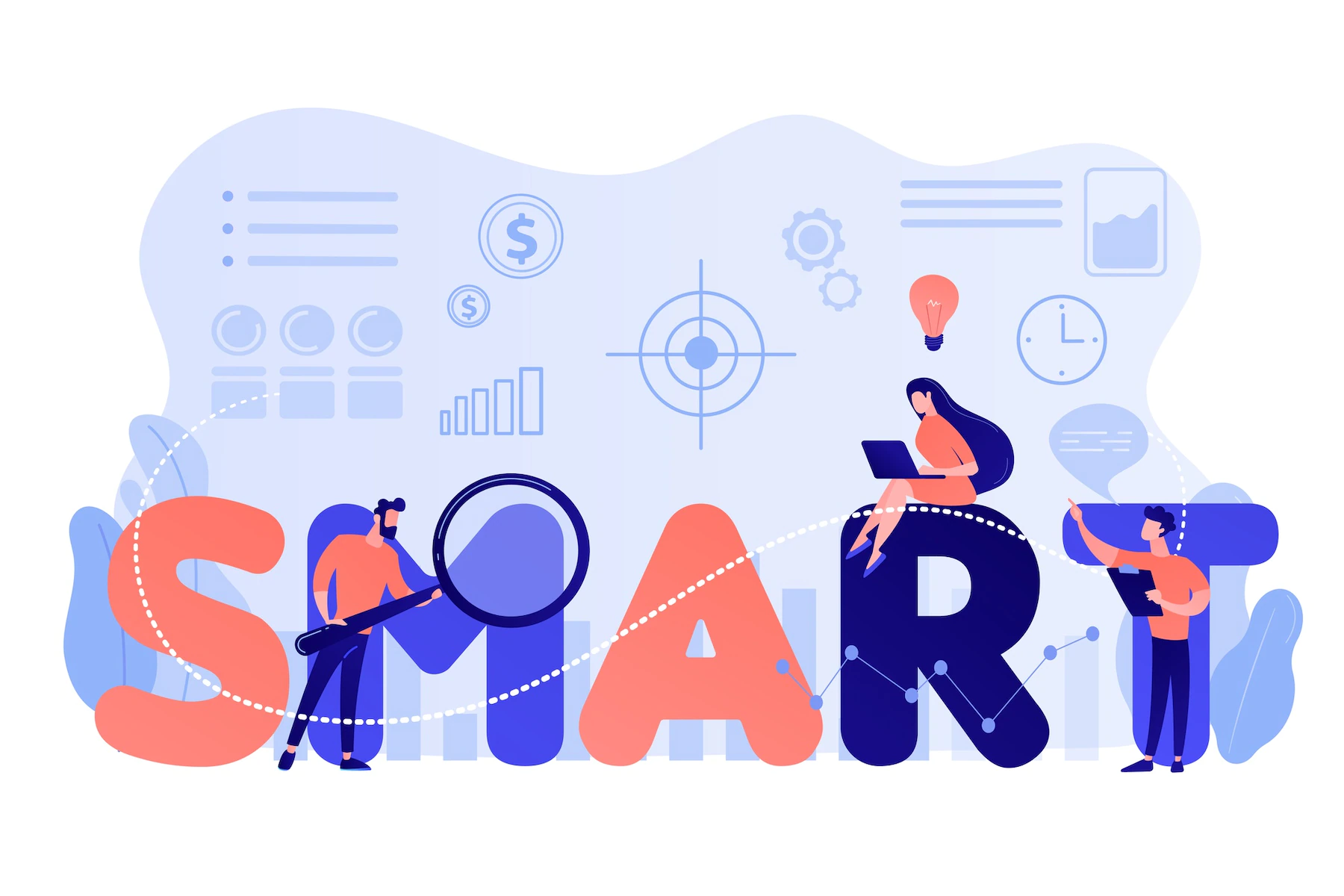
When we talk about productivity, smart work should be considered. The effort you put into a task is only sometimes reflected in the results. If a task takes too long despite your efforts, it is a sign that working hard is not that effective.
Working smartly means prioritizing your work and allowing sufficient time to complete your tasks. By practicing good work habits, you will be more likely to get positive and consistent results. A good habit and an essential component of hard work is making a plan you can follow daily, focusing on one task at a time.
4. Organize WorkSpace
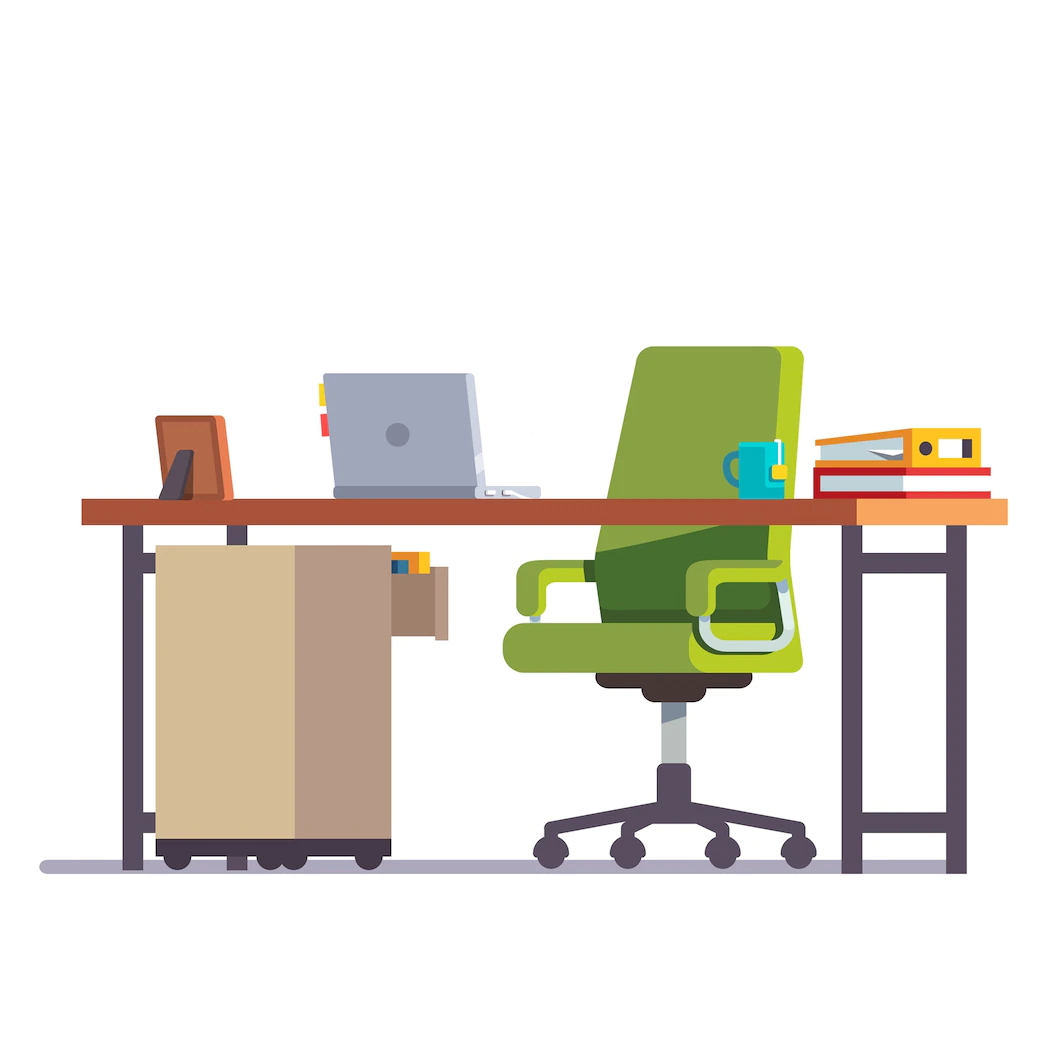
It is an excellent strategy to create an organized and calming workspace to eliminate distractions. For instance, you can throw away trash and papers you do not need anymore. Moreover, you can file away documents that you do not need to keep on hand. It is also essential to keep your computer desktop clutter-free with your workspace.
You can arrange your study or work materials on your desk in an easily accessible way. Avoid piles of documents and organize your documents in a manner, so you know where they are. This way, you would save time searching through your files. It will also help you be less distracted and focus on critical tasks efficiently.
Organizing your workspace and cleaning up your desk takes only five to 10 minutes. Not only will you be able to complete your tasks quickly and efficiently, but you will also be ready for the next day.
5. Break Down Big Projects
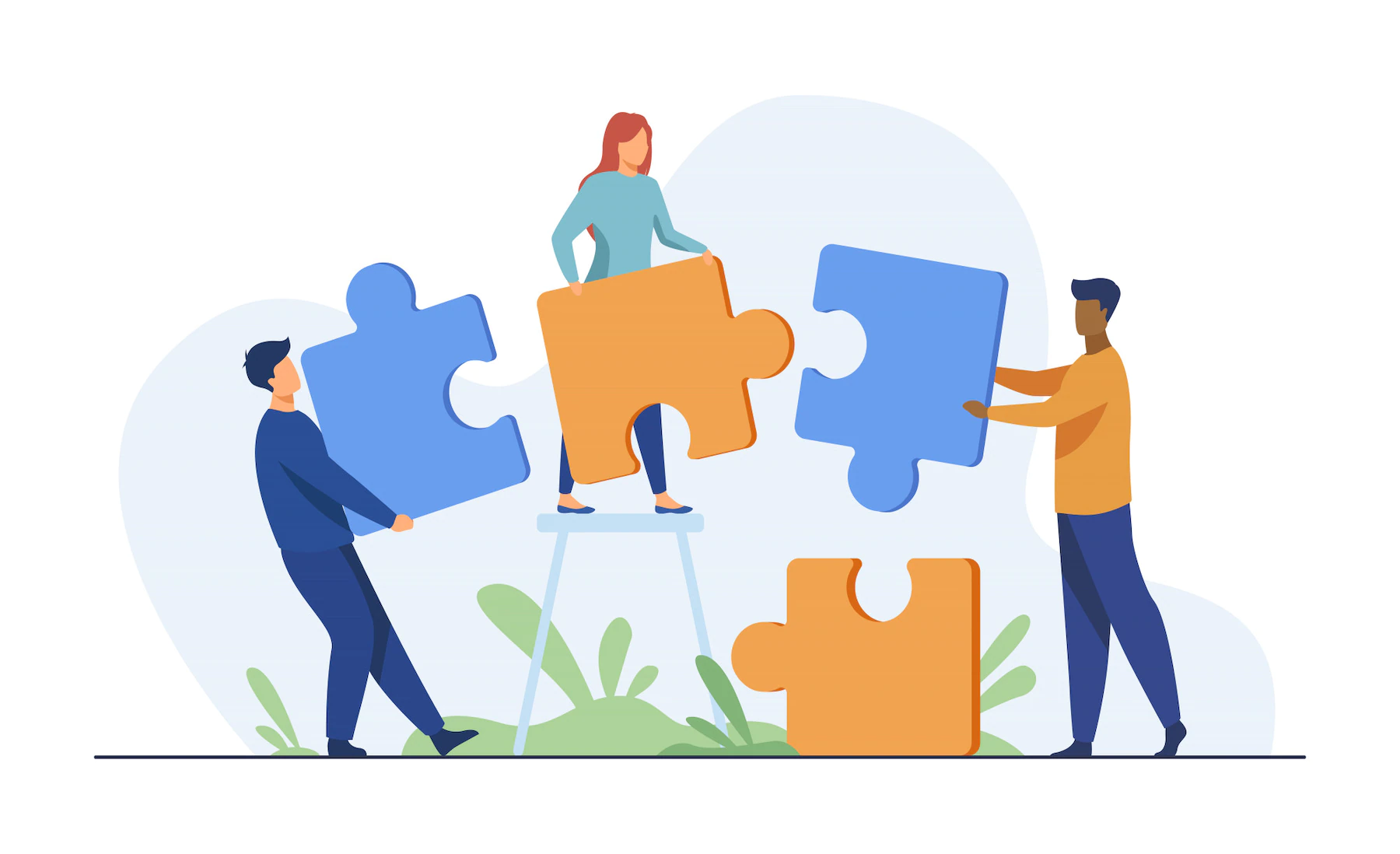
If you have a big task or significant project, it may be too overwhelming for you to tackle. You may keep delaying it and pushing it to the bottom of the pile, even though you know it is essential.
Instead of delaying or avoiding it, you should break it down into smaller tasks. This will help you to work on that project faster and save you time when working on the respective project. When you break your project, you can add some small tasks to your weekly schedule. It will help to give you a sense of accomplishment towards a big goal, and you can also employ the same strategy for other larger projects.
6. Eliminate Distractions
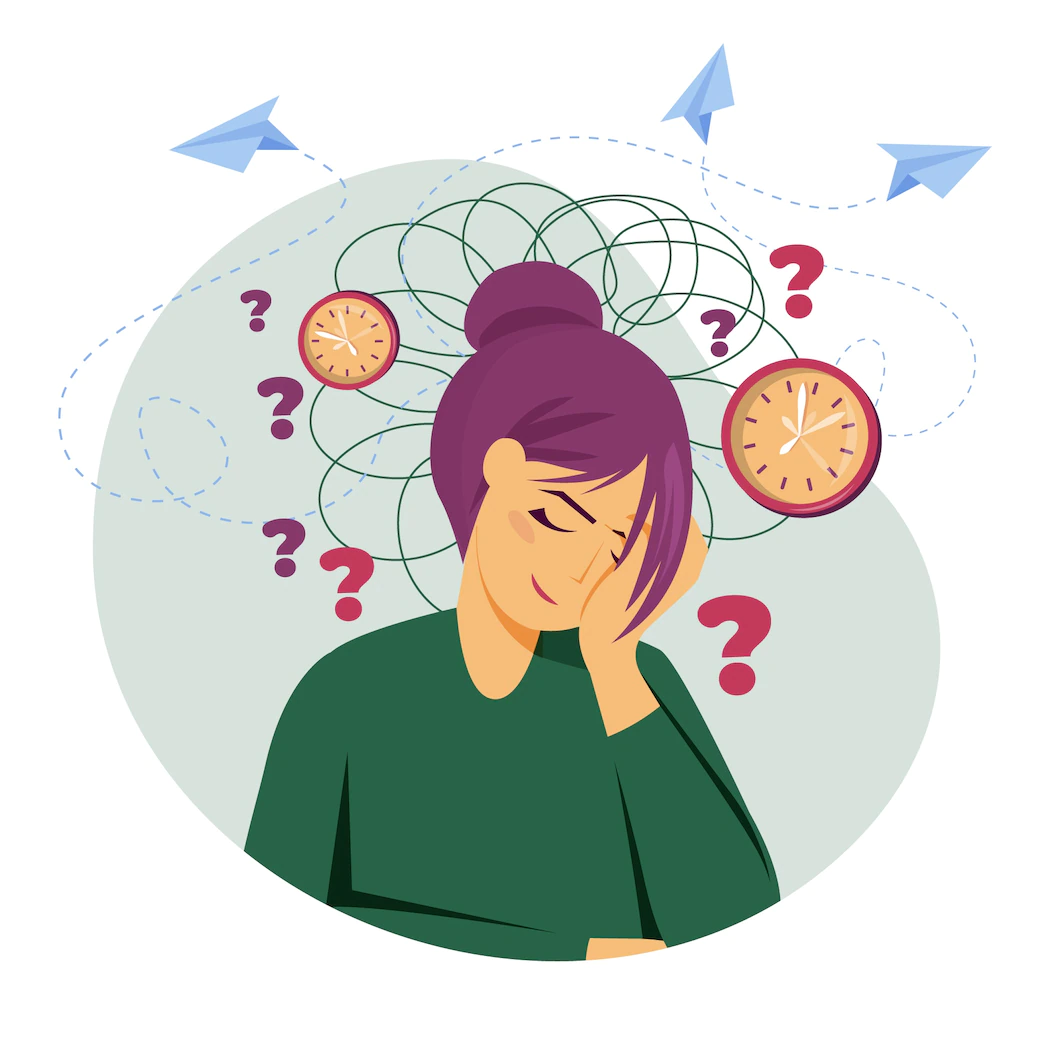
Minimizing distractions will not only help you to work faster but also help you to eliminate distractions and work more efficiently. For instance, you can turn off the radio or the television, which can be a source of disruption during your work. Moreover, you can turn off your cell phone and put it on vibrate while you work.
Another strategy could be to shut the door to avoid being disturbed while working at home. If you work from your office where people talk, you can ask your colleagues to socialize only during the breaks. This will assist you to concentrate on your office work.
By reducing distractions, you can focus more on the tasks that need to be completed. This will help you to work faster and accomplish your tasks more efficiently.
7. Group Similar Tasks
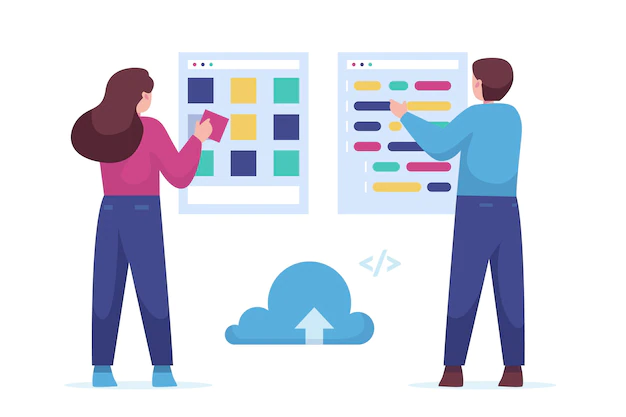
A robust approach is to group your activities into similar tasks. When you are doing tasks or assignments that are related, you will spend less energy switching between tasks. For instance, you can dedicate time to respond to all your emails and then schedule a list of phone calls in succession.
On any day, if you have multiple assignments, you can help them write it all down to ensure they are focused and aware of everything. You can then review each item at the end of your task to ensure that everything is accomplished as needed before moving on to the next task.
8. Avoid Procrastination
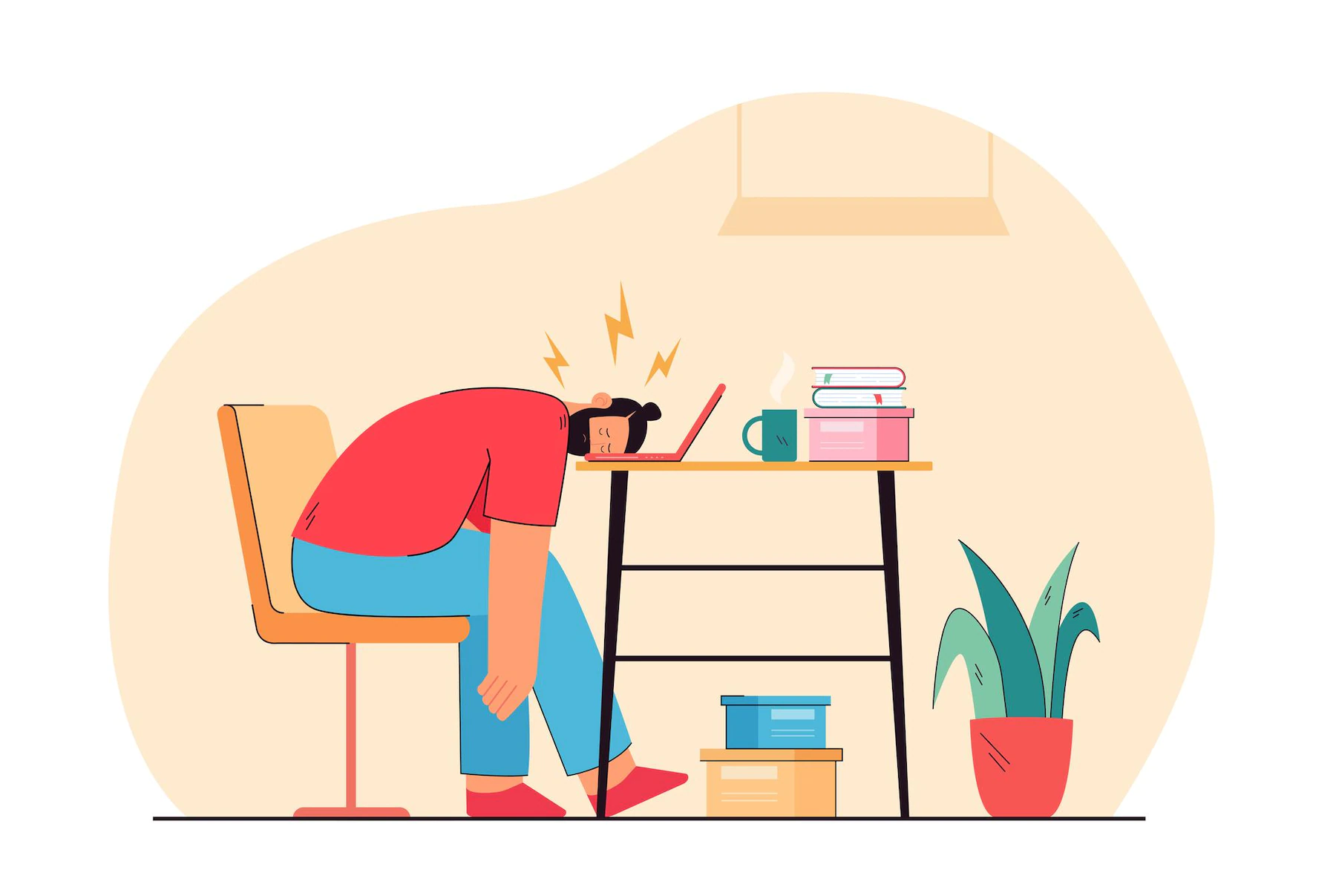
Procrastination may be the biggest hurdle when trying to work quickly and efficiently, especially when facing a big task. According to different psychological studies, people who wait till the very last minute are more prone to making mistakes while completing a task. In simple words, procrastination means putting things off, which can seriously affect your productivity.
Therefore, instead of procrastinating things, you can use encouragement and reinforcement to complete your tasks when you are required to do so. A good strategy is to treat yourself when you complete a task, such as by getting a snack or coffee.
9. Taking Short, Periodic Breaks
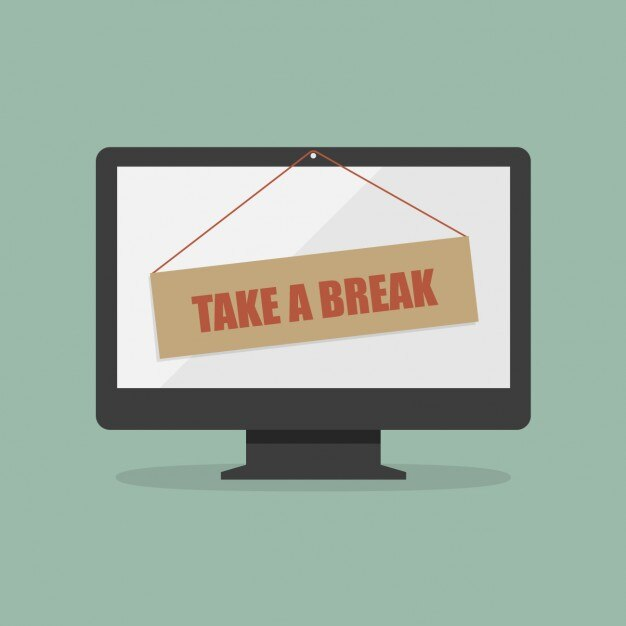
Another way to improve work efficiency is by taking short and periodic breaks. You can schedule some time between your day and week to regain your focus and refresh your brain. The average person has around 70,000 thoughts each day, which illustrates the mental capacity individuals manage and the importance of taking breaks to refresh the brain. Although this may not make sense immediately, it is proven to increase your productivity for important tasks.
For instance, you could devote the initial hours of your day to something you like and care about. This could be yoga, taking a walk, or spending quality time with your family. This helps to clear out your mind and help you to stay focused during work so that you can do it quickly and efficiently.
Another strategy is to switch off work-related thoughts during weekends. This helps you to return to work with a refreshed mind. Another way could be to separate your personal life and work so you can relax without worrying about work.
10. Prioritize Important Tasks
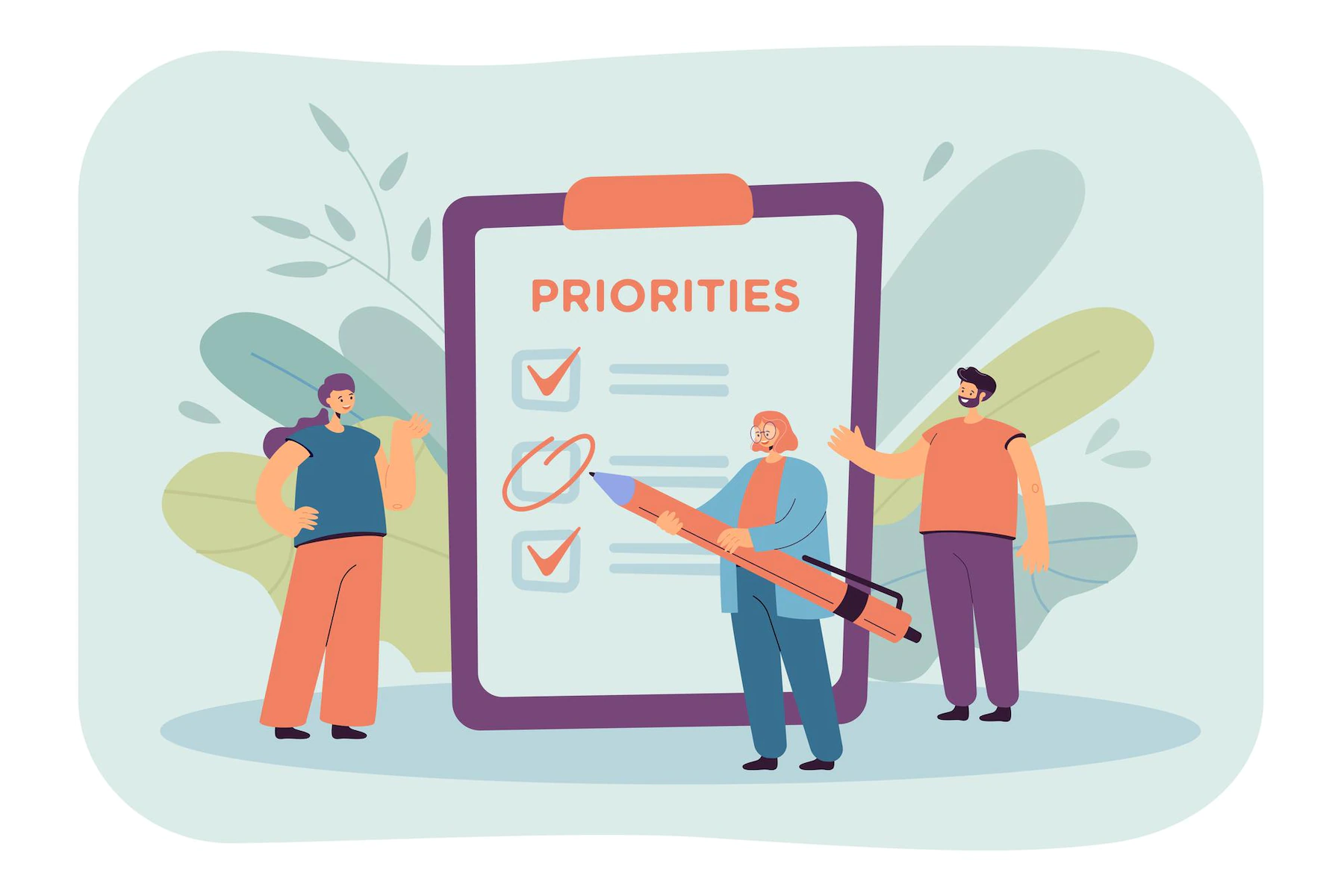
You can organize your time more efficiently when you evaluate your workload and prioritize tasks based on their importance and urgency. You can do this by preparing a schedule that specifies what you need to do to complete first. This helps you to focus on essential tasks and not waste time wondering which task to do next.
It is recommended to consider the importance and urgency of your tasks to make this schedule. You can start by first sorting out your most important tasks, as this will help you relieve the burden. Moreover, it will help to boost your productivity since you will get to work through more manageable and easy tasks later in the day.
11. Finish Non-Essential Tasks
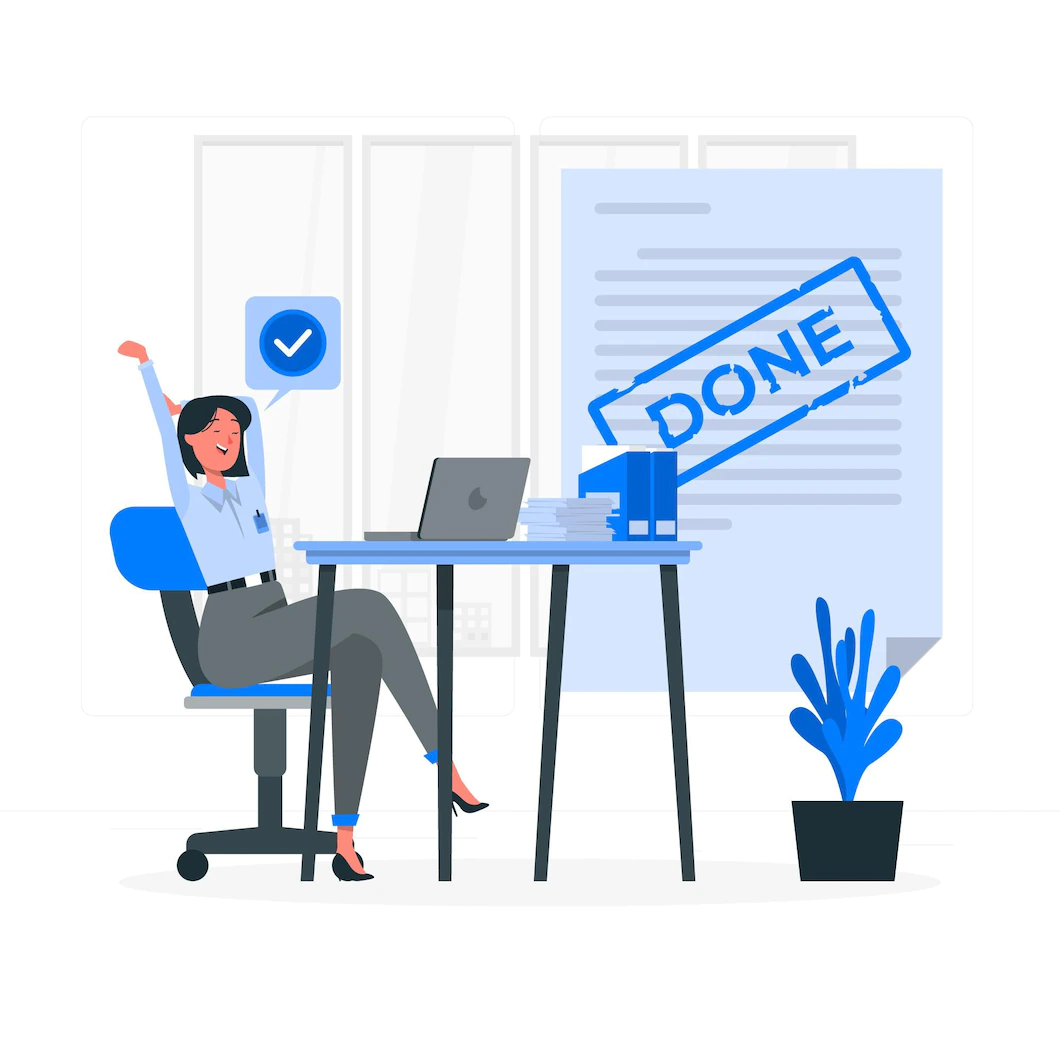
Ever heard of the 1-minute rule? It says that if anything can be done in under a minute, don’t procrastinate in doing it and do it right away. We can benefit of this concept for working faster and more efficiently as well.
To work more efficiently, it is essential to take care of non-essential and less critical tasks. These are the tasks that do not help you to deliver results and keep you focused on more critical tasks.
You can set a timer to finish non-essential tasks. You can take care of these tasks quickly and save most of your time for more vital work. By employing this approach, you can accomplish one task faster and feel more accomplished.
12. Focus on a Single Task

Have you ever considered how you can be working at three things at a time, yet you never actually accomplish any set goal? This is because multitasking is nothing more than a productivity myth. It does not lead to working faster and more efficiently. In fact, research shows that only 2.5% of people have the ability to multitask effectively, the rest of the people only reduce their work efficiency when they multitask.
Multitasking will slow you down while giving you the illusion you are working faster, but you wouldn’t be working more efficiently. Whenever you multitask, your brain switches to a new task, and you must remind yourself of many things before returning to your previous work. It is even possible you get lost between tasks and have to start a task all over again.
So, what is the solution? The answer is simple; Single-tasking. When you focus your energies solely on a task, you can work faster and more efficiently. For any reason, if you are having trouble focusing on a single task, ensure to separate yourself from distractions. When you are focused on one task, you will observe how you will start to achieve tasks quicker and more efficiently.
13. Eliminate Non-Essential Administrative Tasks
Eliminating non-essential administrative tasks can significantly free up your time, allowing you to focus on more important tasks. Start by identifying tasks that are not crucial to your work or can be automated. For instance, if you find yourself bogged down by email management, consider using tools that automate responses or filter out unimportant emails. Similarly, if data entry consumes a lot of your time, look for software that can automate these tasks.
By eliminating non-essential administrative tasks, you can reduce distractions and increase productivity. This approach not only helps you save time but also improves your work quality by allowing you to concentrate on tasks that truly matter. Delegating tasks to others or using automation tools can make a significant difference in your daily workflow.
By eliminating non-essential administrative tasks, you can:
-
Reduce time spent on unimportant tasks
-
Increase focus on important tasks
-
Improve work quality
-
Reduce stress and burnout
14. Use Time-Tracking Tools to Monitor Productivity
Time-tracking tools are invaluable for monitoring productivity and identifying areas where you can improve. These tools help you track how much time you spend on different tasks, making it easier to spot time-wasting activities. For example, you might discover that you spend too much time on social media or email. By setting a goal to reduce this time by 30 minutes per day, you can significantly boost your productivity.
Time-tracking tools also help you identify tasks that take up too much time, allowing you to find ways to streamline them. By monitoring your productivity, you can set realistic goals and make informed decisions about how to allocate your time more effectively.
By using time-tracking tools, you can:
-
Monitor productivity and identify areas for improvement
-
Set goals for improving productivity
-
Reduce time spent on unimportant tasks
-
Improve work quality
15. Automate Repetitive Tasks Where Possible
Automating repetitive tasks is a powerful way to save time and increase productivity. Consider using tools that can help you automate tasks such as data entry, email management, or social media posting. For instance, you can use software that automatically fills in forms or spreadsheets, or tools that manage your emails by responding automatically or filtering out unimportant messages.
Automation not only saves time but also reduces errors and improves accuracy. By automating repetitive tasks, you can focus on more important work, thereby enhancing your overall productivity and work quality.
By automating repetitive tasks, you can:
-
Save time and increase productivity
-
Reduce errors and improve accuracy
-
Improve work quality
-
Reduce stress and burnout
16. Eliminate Unnecessary Meetings and Interruptions
Unnecessary meetings and interruptions can severely hamper your productivity. To stay focused, consider implementing a “no meeting day” or setting aside specific times for meetings. For example, you could designate Mondays as a “no meeting day” to focus on important tasks without interruptions. Alternatively, you could schedule meetings only during specific times, such as 2-3 pm, to ensure you have uninterrupted focus time for the rest of the day.
By eliminating unnecessary meetings and interruptions, you can stay focused, reduce distractions, and improve your work quality. This approach also fosters better communication and collaboration by ensuring that meetings are more purposeful and productive.
By eliminating unnecessary meetings and interruptions, you can:
-
Stay focused and increase productivity
-
Reduce distractions and improve work quality
-
Improve communication and collaboration
-
Reduce stress and burnout
17. Celebrate Small Wins and Accomplishments
Celebrating small wins and accomplishments can be a great motivator and can significantly boost your productivity. Set small, achievable goals and celebrate when you reach them. For example, if you complete a task within a set timeframe, take a moment to acknowledge your achievement. This could be as simple as taking a short break or treating yourself to a snack.
Recognizing and celebrating small wins helps maintain motivation and can improve your overall work quality. It also reduces stress and burnout, contributing to better overall well-being.
By celebrating small wins and accomplishments, you can:
-
Stay motivated and increase productivity
-
Improve work quality and reduce errors
-
Reduce stress and burnout
-
Improve overall well-being
18. Delegate Tasks to Others When Possible
Delegating tasks to others is an effective way to free up your time and focus on more important tasks. Consider delegating tasks to colleagues, subordinates, or freelancers. For example, you can delegate data entry or social media management to a colleague or subordinate. Alternatively, you can outsource tasks like writing or design to a freelancer.
Delegating tasks not only frees up your time but also improves work quality by allowing you to focus on tasks that require your expertise. It also reduces stress and burnout, contributing to better overall well-being.
By delegating tasks to others, you can:
-
Free up time and focus on important tasks
-
Improve work quality and reduce errors
-
Reduce stress and burnout
-
Improve overall well-being
The Bottom Line
Working faster and efficiently may seem impossible when you are overwhelmed and reach the due deadlines. All of us have run into situations where we need to push ourselves to meet a work requirement.
If you’re constantly unable to accomplish your tasks, it might be time to evaluate your habits. You need to look at your working approaches and analyze if there is anything you can do to make them faster and more efficient.
WeekPlan is a personal planner that helps you to prioritize the tasks that matter and work more efficiently. You can set up objectives and add crucial tasks to finish them on time. Moreover, you can monitor your performance while doing tasks to ensure the best work efficiency and productivity.

More Posts
6 Easy to Follow Tips on How to Find Work from Home Jobs
Work from home culture has become more popular than it was in the past. People are more inclined to finding remote jobs but don’t know how to find them. The growing popularity of...
Implement a Workflow Organization System in a Team Setting
Amidst the fast-paced and constantly shifting realm of business, retaining a competitive edge is of paramount importance. By adopting a well-designed workflow organization system, teams can unlock their inherent potential, propelling themselves towards...
Introducing the New Week Plan App for iOS
Week Plan releases a brand new mobile app for the iPhone and iPad
30 Best Habit Tracking Apps - The Complete List
Adapting a good habit or transforming the bad ones into a good habit requires effort. Habit tracking requires constant observation and measurement of daily behavior with the objective to adopt a new habit...